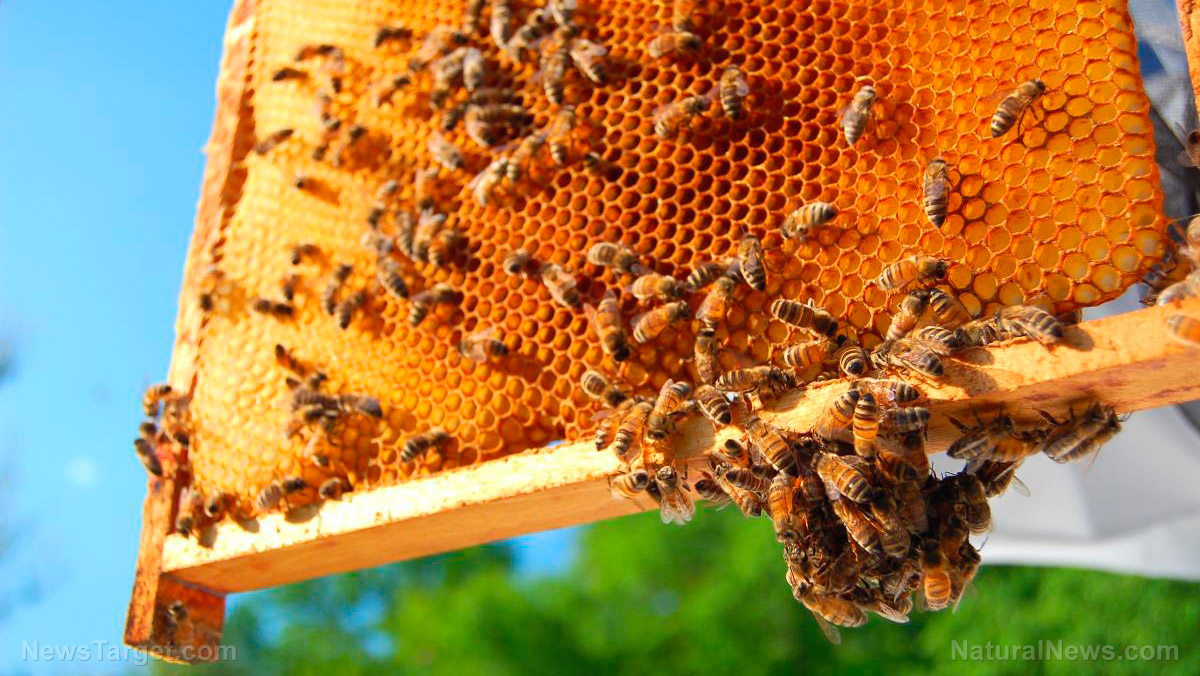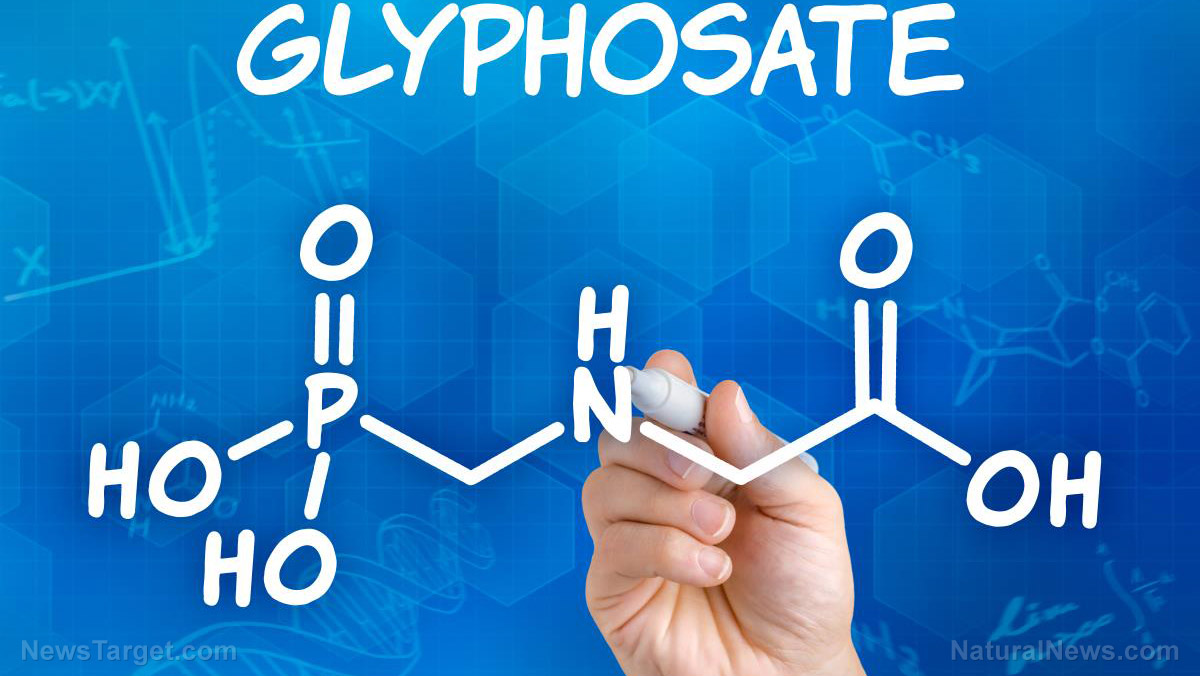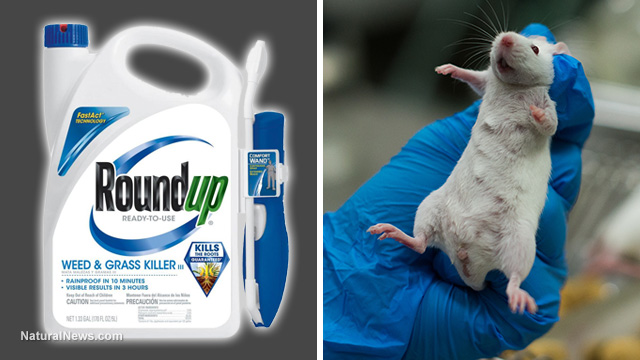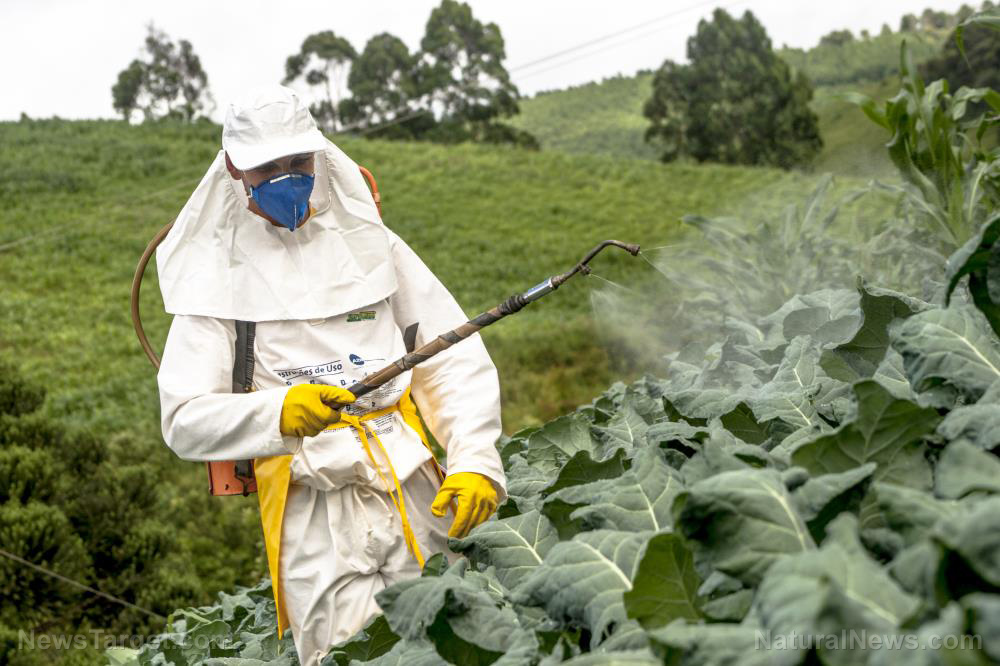Chrysanthemums: A natural deterrent for the yellow fever mosquito
12/21/2018 / By Ellaine Castillo
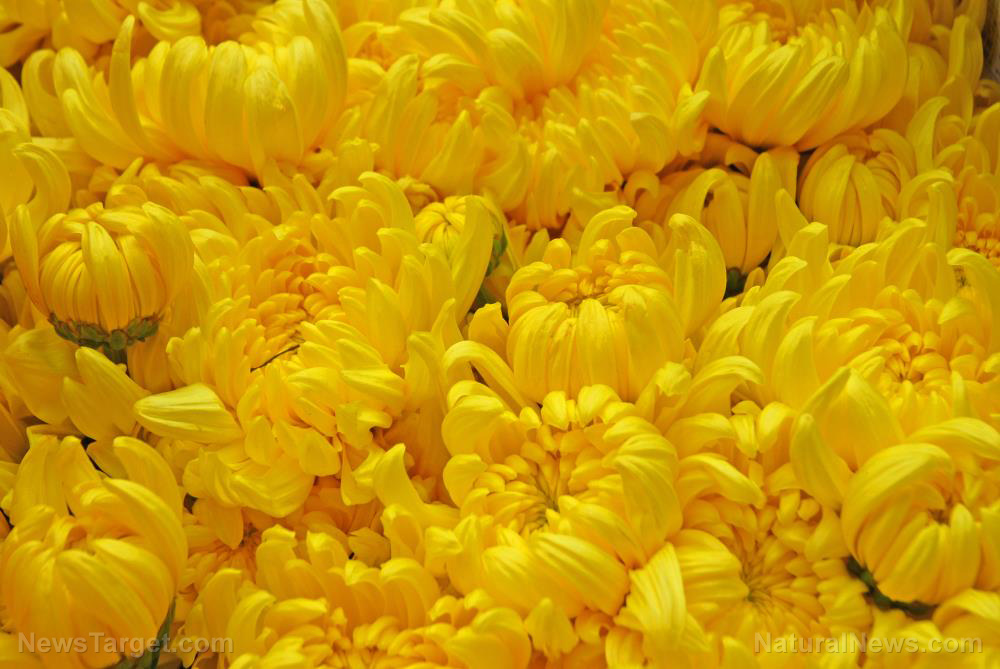
Researchers from the Federal University of Rio de Janeiro, Vila Velha University, and The Federal University of Espírito Santo found a potential alternative to synthetic pesticides. In this study, which was published in The Brazilian Journal of Pharmacognosy, they revealed that chrysanthemums (Dendranthema grandiflorum) are effective against the yellow fever mosquito (Aedes aegypti).
- The yellow fever mosquito is a carrier of various disease-causing viruses such as the ones responsible for dengue, a temporarily disabling and potentially fatal disease.
- One of the ways through which transmission of this disease can be prevented is by practicing pest control. Unfortunately, some mosquitoes have become resistant to conventional pesticides, which is why researchers continue to look for safe and effective natural alternatives.
- Chrysanthemums are ornamental plants native to China that are widely available on the market due to their low-cost and year-long production.
- In this study, the researchers collected methanol and dichloromethane extracts from chrysanthemums, specifically the “yellow sheena” cultivar, and assessed their phytochemical content. This was done to determine if they contain compounds with larvicidal activity against the larvae of the yellow fever mosquito.
- Compounds present in the methanol extract include flavonoids and caffeoylquinic acids. Meanwhile, the dichloromethane extract contained triterpenoids and fatty acids, which are known to have insecticidal activity.
- The researchers also tested the extracts against larvae of the yellow fever mosquito and determined the 50 percent lethal concentration (LC50) or the concentration needed to kill 50 percent of the population. They found that the LC50 values for the methanol and dichloromethane extracts were 5.02 and 5.93 parts per million (ppm), respectively.
Overall, this study shows that chrysanthemums have potential use as natural pesticides against the yellow fever mosquito since they contain compounds with insecticidal activity.
Read the full text of the study at this link.
For more articles about natural pesticides, visit Pesticides.news.
Journal Reference:
Spindola KC, Simas NK, Santos CED, Silva AGD, Romão W, Vanini G, Silva SRD, Borges GR, Souza FGD, Kuster RM. DENDRANTHEMA GRANDIFLORUM, A HYBRID ORNAMENTAL PLANT, IS A SOURCE OF LARVICIDAL COMPOUNDS AGAINST AEDES AEGYPTI LARVAE. The Brazilian Journal of Pharmacognosy. 9 February 2016;26(3). DOI:10.1016/j.bjp.2016.01.003
Tagged Under:





